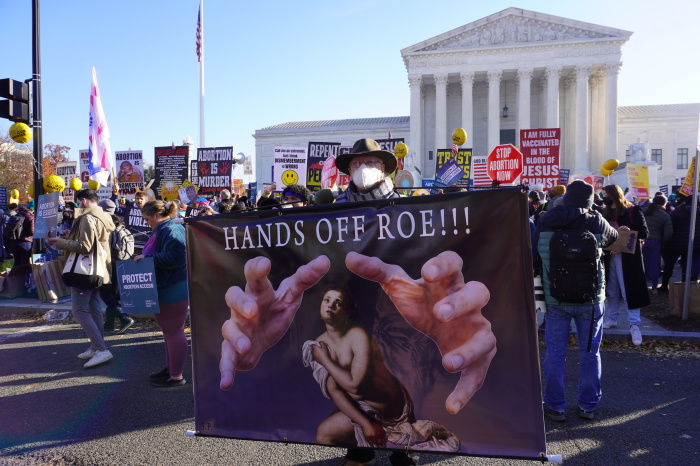4 things to know about state abortion laws if Roe is overturned

As the possibility of a reversal of the U.S. Supreme Court ruling that legalized abortion nationwide looms large, individual U.S. states are poised to head in drastically different directions when it comes to regulating the hot-button issue.
A draft opinion in the case of Dobbs v. Jackson Women’s Health leaked and was subsequently published in Politico Monday. In the draft opinion, which is not final, Supreme Court Justice Samuel Alito wrote that Roe v. Wade “must be overruled” in a ruling that would uphold Mississippi’s 15-week abortion ban. Roe is the 1973 Supreme Court decision that determined that there is a constitutional right to abortion.
While the prospect of overturning Roe has caused outrage in pro-abortion circles and cautious optimism in the pro-life community, abortion will remain legal in many states if the longstanding decision is gutted. On the other hand, several states will have the freedom to enact abortion laws that reflect their residents’ views on the polarizing political issue.
The Guttmacher Institute, a pro-abortion advocacy organization, has compiled a list of state laws that would take effect in the absence of Roe that also highlights which states have codified the right to abortion into state law. Here are four takeaways about the legal status of abortion at the state level if Roe is overturned.
Ryan Foley is a reporter for The Christian Post. He can be reached at: ryan.foley@christianpost.com





























